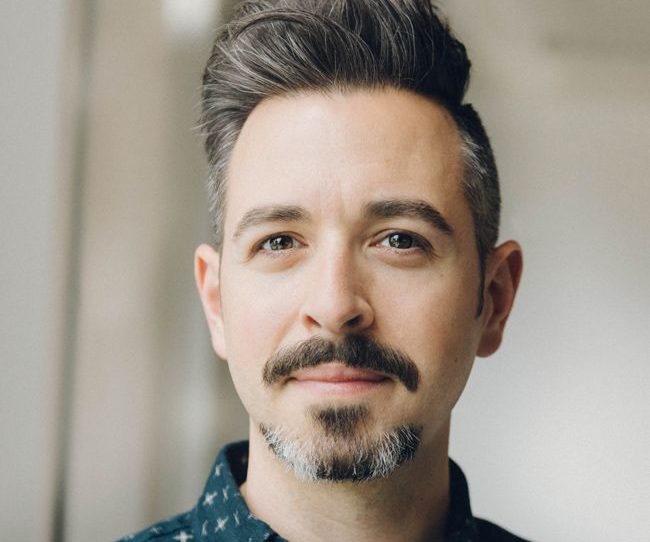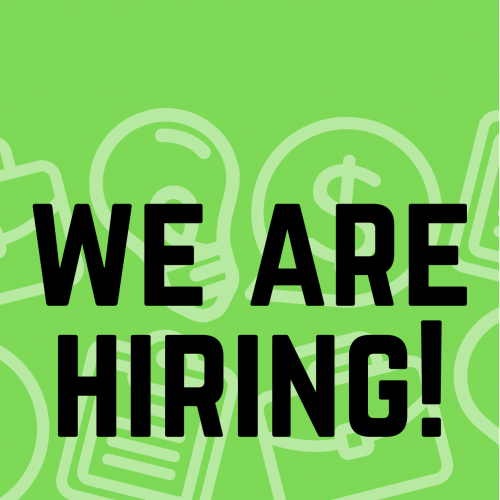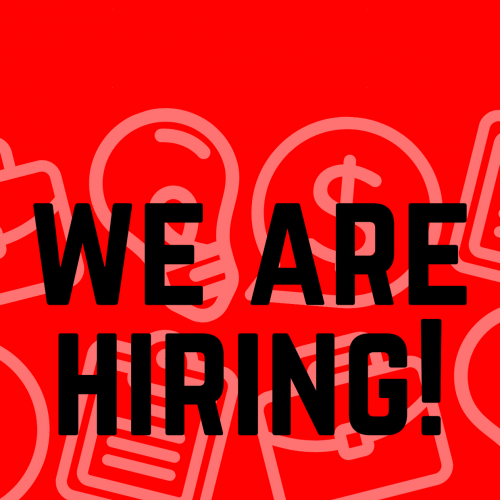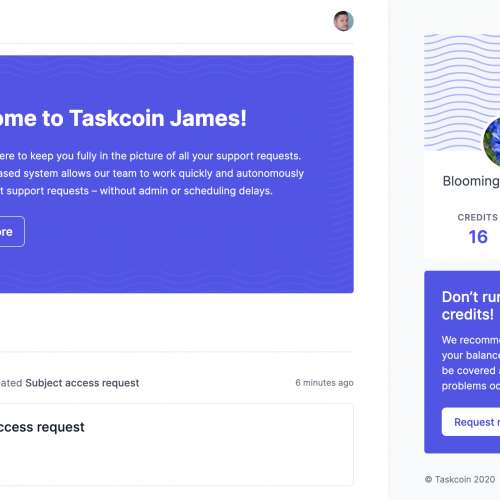Rand Fishkin is the founder of SEO software company Moz and co-founder of online marketing community inbound.org alongside HubSpot founder Dharmesh Shah.
Rand got started in search marketing in 2002. In 2004 he founded Moz as a place to share the best SEO reports, data and tools; many would say that Moz has since because the online home of SEO knowledge.
We asked Rand about the future of SEO, his advice for startups and scaleups and his dreams (and nightmares) of the future of technology…

What does SEO mean these days?
SEO still means Search Engine Optimization, but these days, the practice has broadened quite a bit from just the classic “ten blue links” style results that used to dominate Google’s search pages to mean any and all types of non-paid search result visibility.
That can mean optimizing for Google’s “featured snippet” results (the ones that sit above the rest of the results and offer a brief few sentences or list to answer the query), for voice searches, for searches on YouTube or Amazon or Facebook or Instagram.
The diversity of where SEO can be applied has certainly expanded.
How will SEO change as we rely less on screens and more on AI, robots, VR and IoT devices?
That could be quite thorny. In a lot of those instances, rather than multiple options that searchers choose from, there’s only a single “answer” provided.
In my opinion, that’s a long term risk for the SEO field, as it may mean only one winner in any given category or for any given search.
So far, we haven’t seen voice searches cannibalize traditional searches – only add to them. But, all of us in SEO are definitely keeping an eye out for that.
Where should startups and scaleups on tight budgets focus their efforts regarding SEO?
I only tell organizations to focus on SEO as a marketing channel if it’s a right fit for their audience and their marketing strengths.
There’s no use ranking for loads of keywords if your product or service only targets a very tiny niche audience (that’s better reached through networking and in-person relationships), or if no one’s searching for anything related to your company because what you do is so new/unique.
You should bother because SEO is one of the absolute best channels to achieve low customer acquisition cost, high engagement and lifetime value, and a flywheel for your web marketing that can scale with decreasing friction. It’s very hard to get started, but after years of investment, SEO can pay immense dividends with not much additional energy or expenditure.
What are your biggest fears about the future of technology?
Like many others, I fear that filter bubbles, exacerbated by technology’s disruption of media, news, and journalism, have created incentive models for content creators and sharers that run counter to what’s good for democracy, society, and humanity.
Fighting against malignant incentives is something human beings have never been good at, and I don’t know how or whether we can escape this phenomenon.
Perhaps it’s one of the great barriers in Fermi’s Paradox… That scares me tremendously, and right now, I can’t see any light on the horizon.
What excites you most about the future of technology?
I’m very hopeful that medical technology, distribution tech, and the reach of high quality medical care will advance significantly and remove a lot of the most awful suffering in the world.
It’s remarkable to see what a few billion dollars of pointed investment and attention from organizations like the Bill & Melinda Gates Foundation have achieved with regards to malaria, polio, and other conditions.
Fingers crossed, those models can help prevent death and disease on an even greater scale in the decades ahead.
We’d like to say a huge thank you to Rand for speaking to us. Check out moz.com/blog for news, tutorials and musings on SEO and inbound marketing and follow Rand on Twitter @randfish.
Image via: moz.com
If you’d like to discuss your startup or project, get in touch with Simpleweb today.



